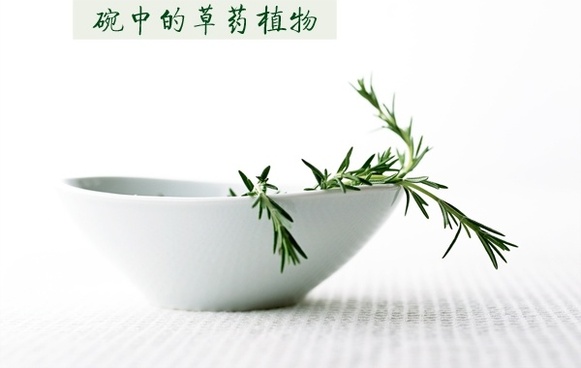Application of traditional Chinese medicine in the treatment of infertility.

The Jones Institute for Reproductive Medicine, Department of Obstetrics
and Gynaecology, Norfolk , VA 23507 , USA
Abstract
The philosophy and practice of traditional
Chinese medicine (TCM) have been evolving for thousands of years in China , Japan
PMID: 14614194 [PubMed -
indexed for MEDLINE]
2. Curr Opin Obstet Gynecol. 2008 Jun;20(3):211-5.
Traditional Chinese medicine and infertility.
Department of Chinese Medicine, Chang Gung Memorial Hospital-Kaohsiung
Medical Center, Chang Gung Institute of Technology ,
Taiwan
Abstract
PURPOSE OF REVIEW: The present review gives
an overview of the potential use of traditional Chinese medicine in the
treatment of infertility, including an evidence-based evaluation of its
efficacy and tolerance.
RECENT FINDINGS: Recent studies
demonstrated that traditional Chinese medicine could regulate the
gonadotropin-releasing hormone to induce ovulation and improve the uterus blood
flow and menstrual changes of endometrium. In addition, it also has impacts on
patients with infertility resulting from polycystic ovarian syndrome, anxiety,
stress and immunological disorders. Although study design with adequate sample
size and appropriate control for the use of traditional Chinese medicine is not
sufficient, the effective studies have already indicated the necessity to
explore the possible mechanisms, that is, effective dose, side effect and
toxicity of traditional Chinese medicine, in the treatment of infertility by
means of prospective randomized control trial.
SUMMARY: The growing popularity of traditional Chinese
medicine used alone or in combination with Western medicine highlights the need
to examine the pros and cons of both Western and traditional Chinese medicine
approaches. Integrating the principle and knowledge from well characterized
approaches and quality control of both traditional Chinese medicine and Western
medical approaches should become a trend in existing clinical practice and
serve as a better methodology for treating infertility.
PMID: 18460933 [PubMed -
indexed for MEDLINE]
3. Chin J Integr Med. 2006 Dec;12(4):312-6.
Progress of integrative Chinese and Western
medicine in treating polycystic ovarian syndrome caused infertility.
Gynecological and Obstetric Department, First
Hospital , Heilongjiang University
of Traditional Chinese Medicine, Harbin
Abstract
Polycystic ovarian syndrome (PCOS) is one of
the most popular diseases that cause menstrual dysfunction and infertility in
women. The present paper is a brief retrospection on the progress in treatment
of PCOS caused infertility with integrative Chinese and Western medicine
(ICWM). It can be seen from these materials that using traditional Chinese
medicine (TCM) recipes formulated by Shen-replenishing herbs or acupuncture to
reinforce Gan-Shen, regulate Chong-Ren Channels in treating PCOS, stable
clinical efficacy could be obtained, with less adverse reaction, though the
effect initiated somewhat late. Whereas, when Shen-replenishing recipe and
acupuncture are combined with hormone or ovulation promoting drugs of Western
medicine, the above-mentioned shortcomings would be overcome. So, this combined
therapy is frequently used in clinical practice.
PMID: 17361532 [PubMed -
indexed for MEDLINE]
4. Cochrane Database Syst Rev. 2009 Jul 8;(3):CD006568.











Post a Comment